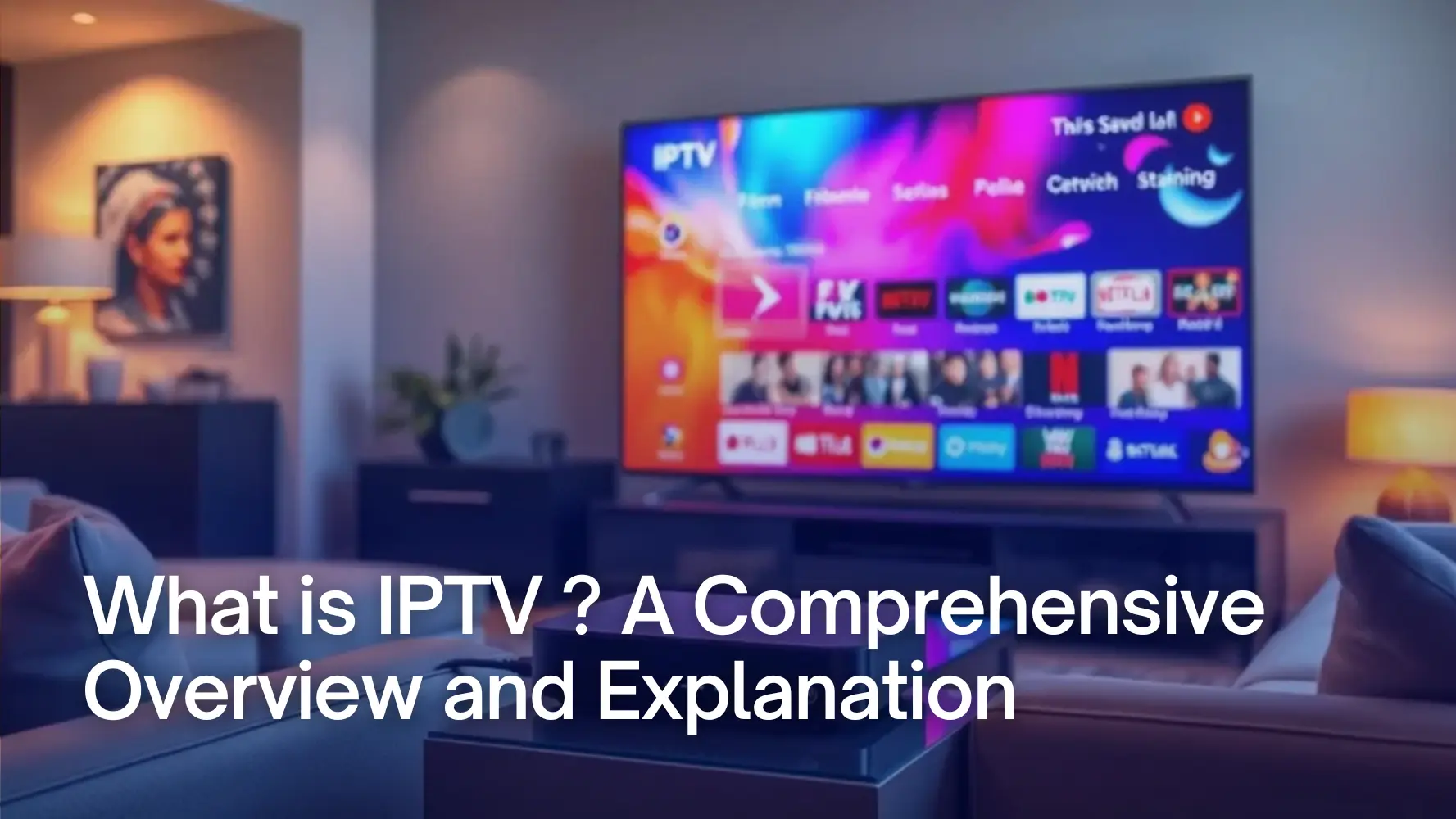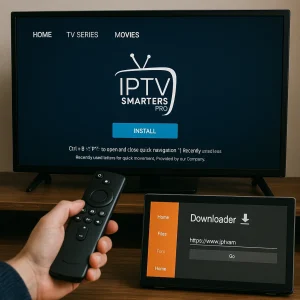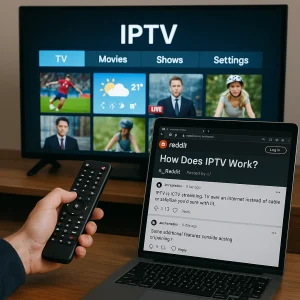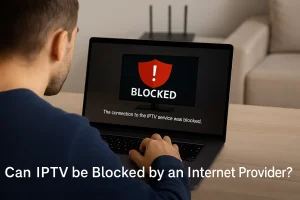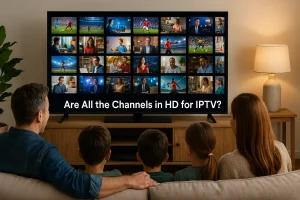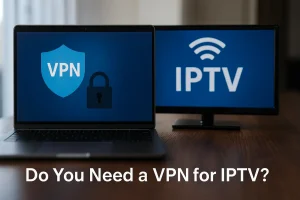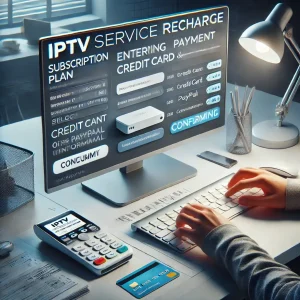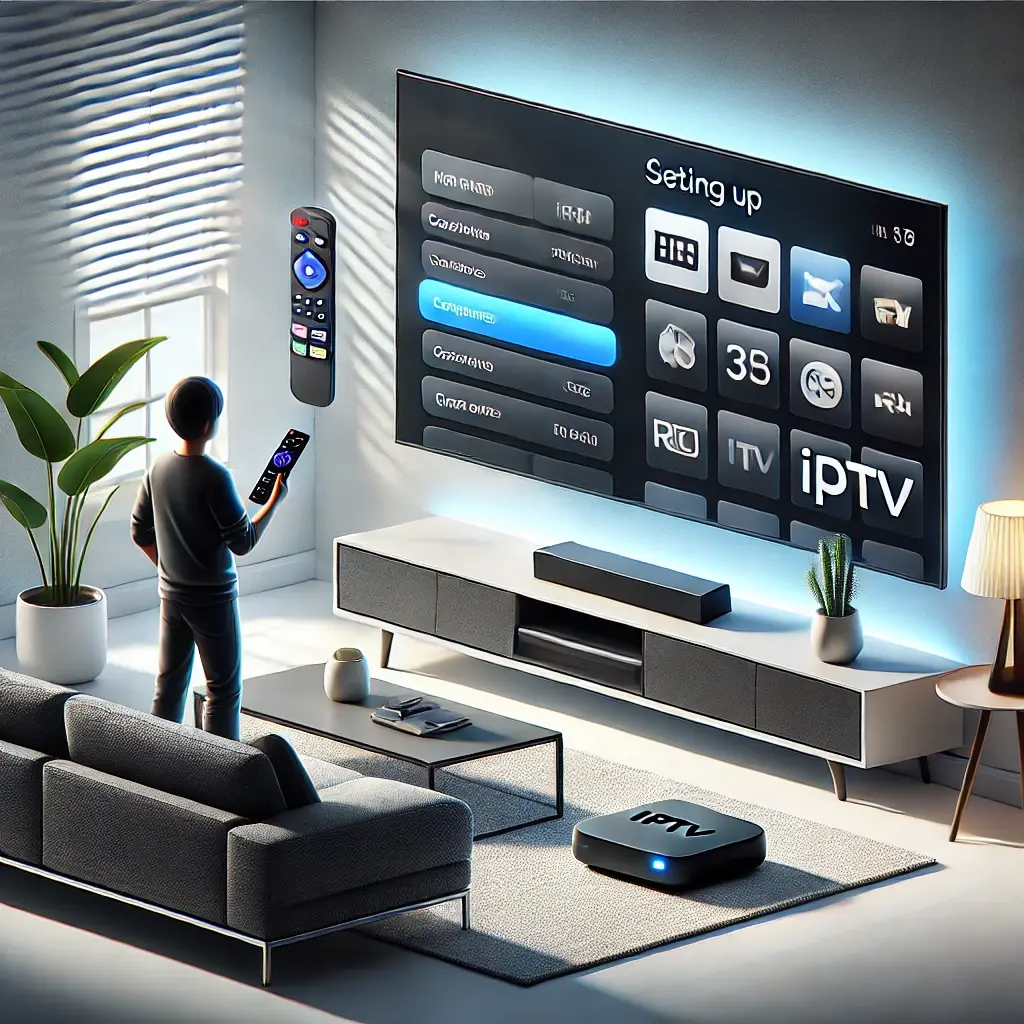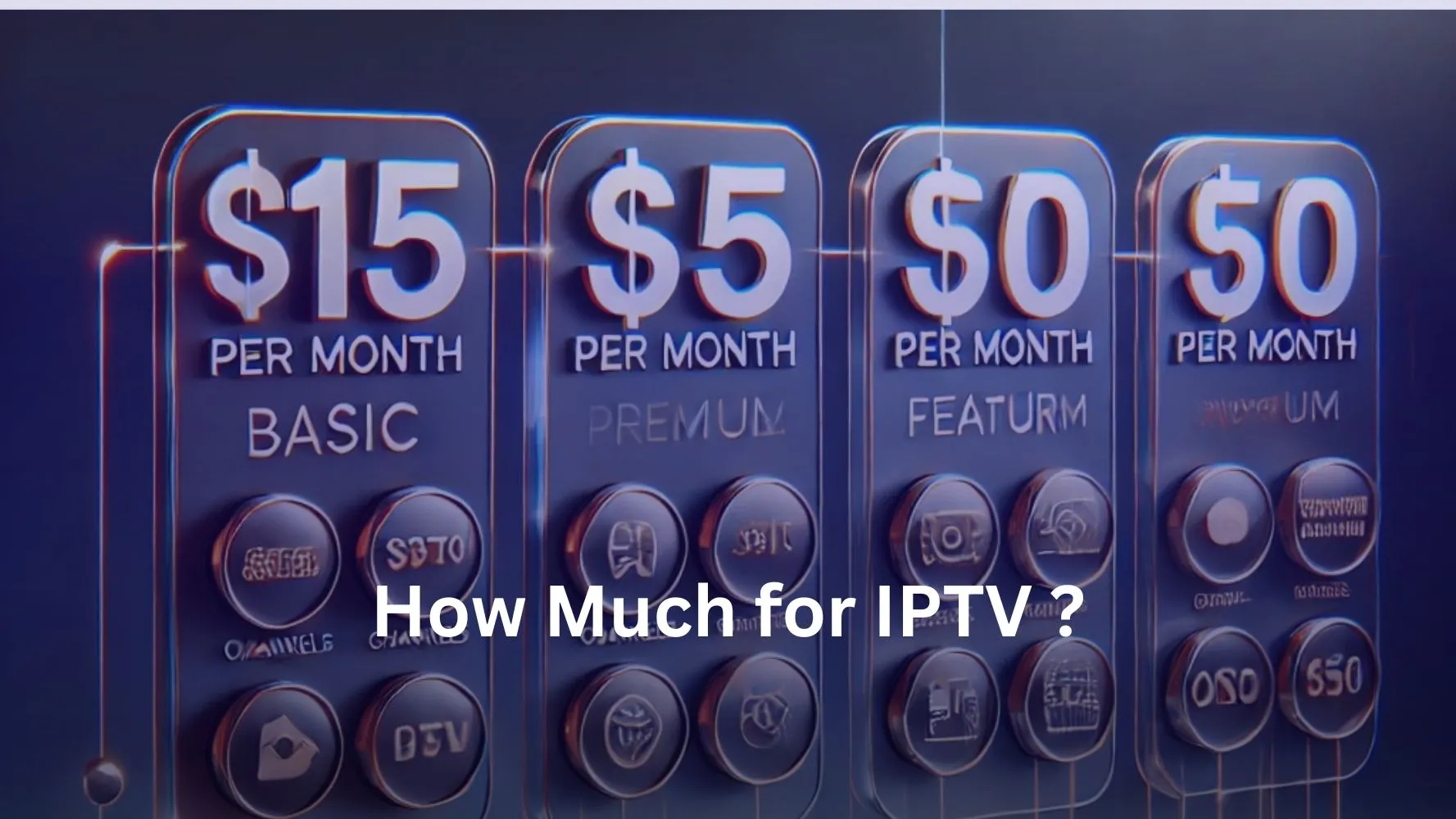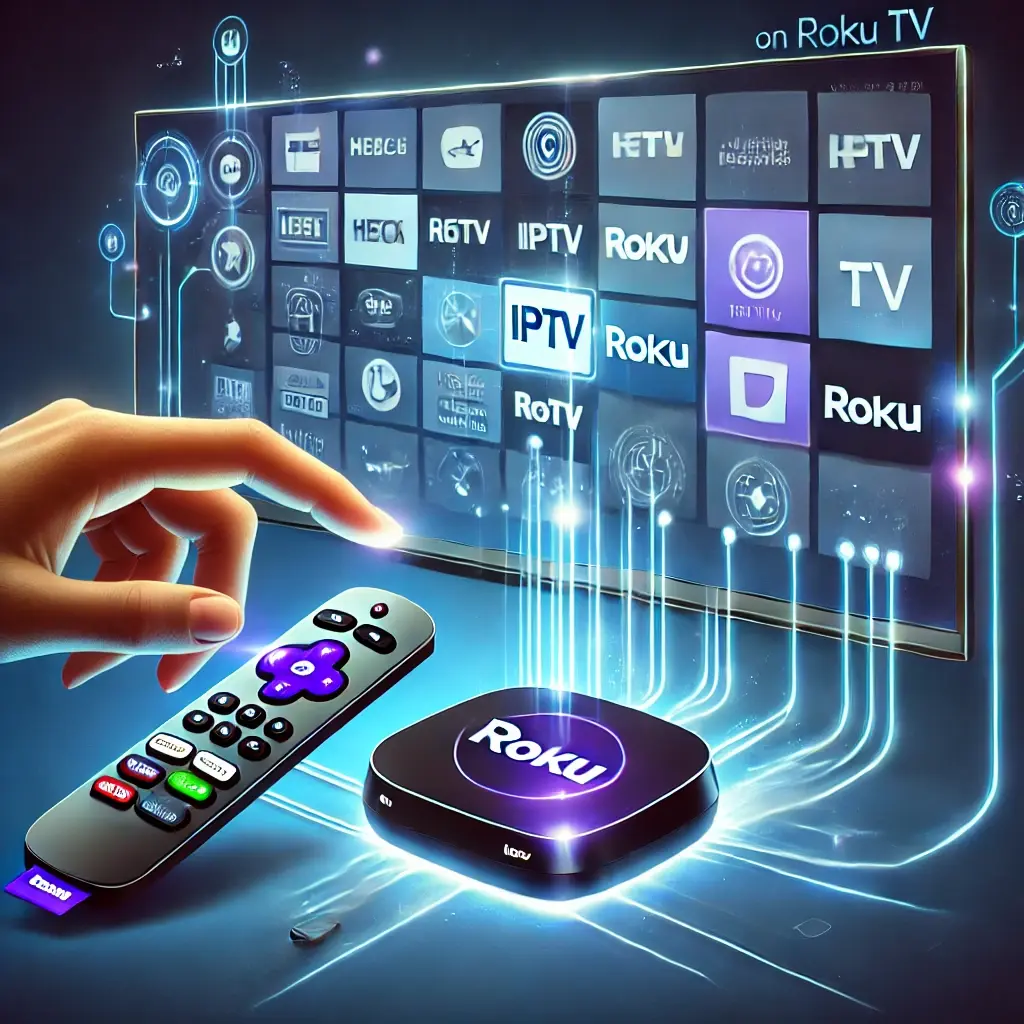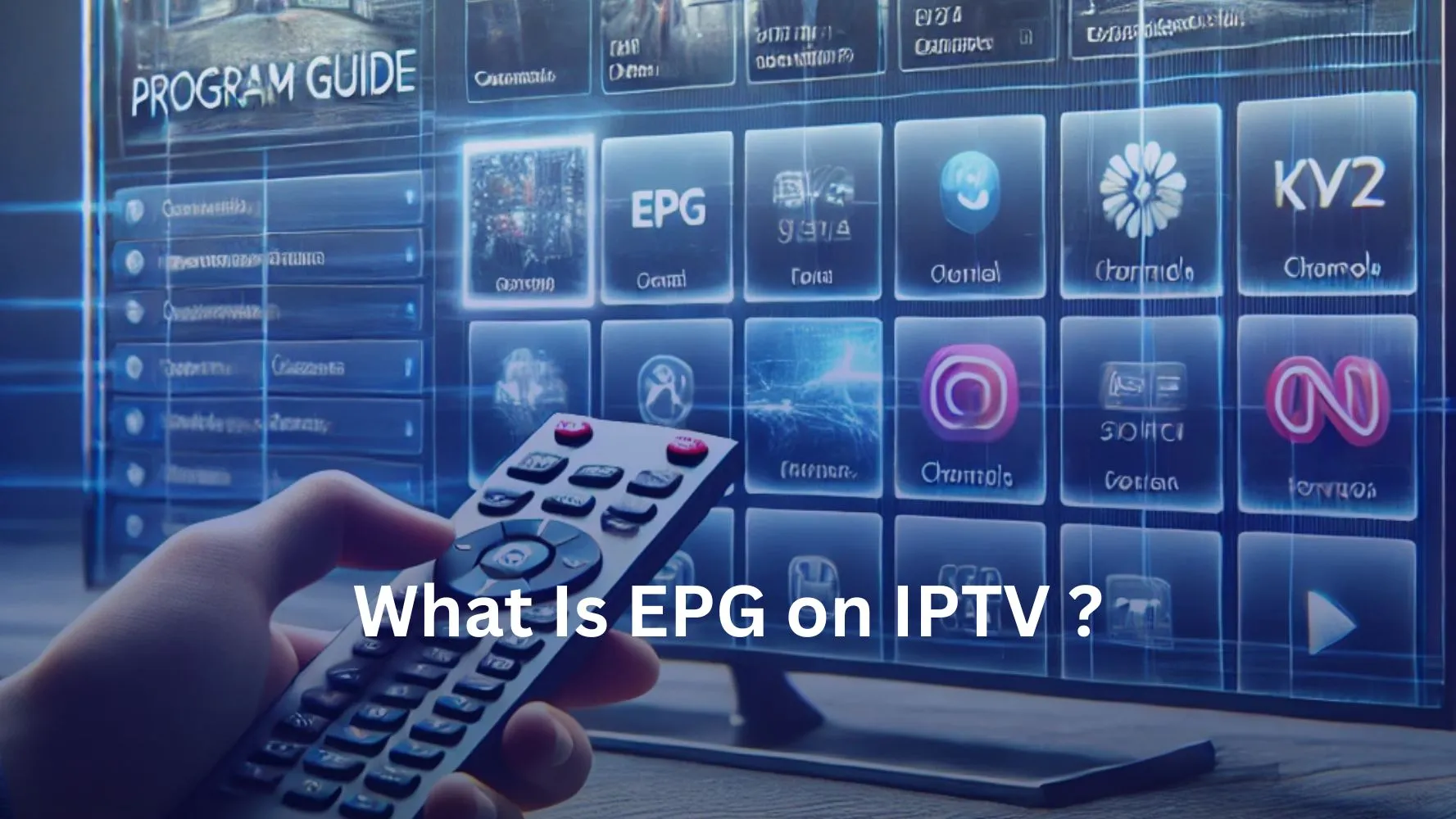IPTV delivers television content via your broadband internet connection, offering live streaming, on-demand videos, and time-shifted services. It’s different from traditional TV, providing greater flexibility, high-definition quality, and multi-device accessibility.
You can choose from various types of IPTV services like IPTV Brampton, including live, on-demand, and subscription-based options. it’s aims to revolutionize your viewing experience with a user-centric approach, though it relies on a stable internet connection and may face licensing challenges. As you explore further, you’ll discover how IPTV is transforming the way you enjoy your favorite shows and movies.
Definition and Key Features
If you’re wondering what is IPTV and looking for a modern alternative to traditional cable and satellite TV, IPTV might be the solution
Internet Protocol Television delivers television programming through broadband internet networks, offering a range of content delivery options such as live streaming, on-demand videos, and time-shifted services, allowing you to watch content at your convenience.
This technology operates using a unicast format, transmitting content directly to individual viewers for personalized and interactive viewing experiences.
Key features include high-definition content availability, multi-device accessibility, and customizable subscription packages tailored to your preferences.
With its flexibility and high-quality offerings, this modern approach is set to revolutionize the way you consume television content, providing a comprehensive and user-centric viewing experience.
IPTV vs. Traditional TV
While traditional TV has been the standard for decades, internet-based streaming offers a modern alternative that’s transforming how you watch television.
Using broadband connections for content delivery, streaming provides flexibility compared to the cable or satellite signals used by traditional TV.
With this technology, you can pause, rewind, record live broadcasts, and enjoy on-demand options to watch shows at your convenience.
It also offers a broader selection of international channels compared to the often-limited local or regional programming of traditional TV.
Additionally, streaming services are typically more cost-effective and customizable than traditional cable packages.
Its advanced features and flexibility make it an increasingly popular choice for modern television viewing.
Types of IPTV Services
Streaming services come in various forms, each catering to different viewing preferences and needs.
Live streaming offers real-time broadcasting, allowing users to watch events as they happen, much like traditional television.
On-demand services provide a library of pre-recorded video content, giving users the flexibility to watch their favorite shows and movies at their convenience.
Time-shifted streaming combines live and on-demand features, enabling users to view previously aired content at a later time.
Subscription-based services typically operate on a monthly or yearly payment model, with providers offering access to a variety of channels and content based on the chosen package.
Free services may be ad-supported or provide access to free-to-air channels, allowing users to enjoy content without a subscription fee.
Frequently Asked Questions
How Much Does IPTV Cost per Year?
The annual cost of IPTV varies based on your chosen subscription plan and service provider.
Basic IPTV packages start at around $60 per year, while premium plans with more channels and features can reach $1,200 annually.
When comparing IPTV vs cable, consider potential hidden fees, installation costs, and device compatibility.
Research different IPTV pricing models, read user reviews, and explore payment methods to find the best value for your streaming needs.
What Content Is Available on IPTV?
With IPTV, you’ll have access to a vast array of content, including live sports, on-demand movies, international channels, educational programs, and news broadcasts. If you’re curious about what is IPTV, it’s a modern way to enjoy all your favorite content seamlessly.
You can also enjoy children’s shows, documentary series, music videos, and pay-per-view events. Many IPTV providers offer local programming tailored to your region.
The extensive library of content across various genres ensures there’s always something engaging to watch, catering to diverse interests and preferences.
What Is the Difference Between IPTV and Streaming TV?
While internet-based streaming offers consistent quality and enhanced features, its limitations include dependence on internet speed.
Content accessibility varies, with streaming offering both live and on-demand options. Subscription models, internet requirements, and device compatibility also differ across services.
Streaming provides a superior user experience, though regulatory challenges may occasionally arise.
Future trends indicate convergence, yet differences persist in delivery methods, network management, and quality standards.
Ultimately, your choice depends on your priorities and viewing preferences.
Does IPTV Require a Smart TV?
You don’t necessarily need a smart TV for IPTV. There are smart TV alternatives like set-top boxes, computers, and mobile devices that support it.
These devices offer streaming options, giving you flexibility in how you access content. However, a stable internet connection is crucial for a quality user experience.
When setting up IPTV, consider the subscription models, compatibility issues, and the setup process to ensure you can enjoy the content without interruptions.

